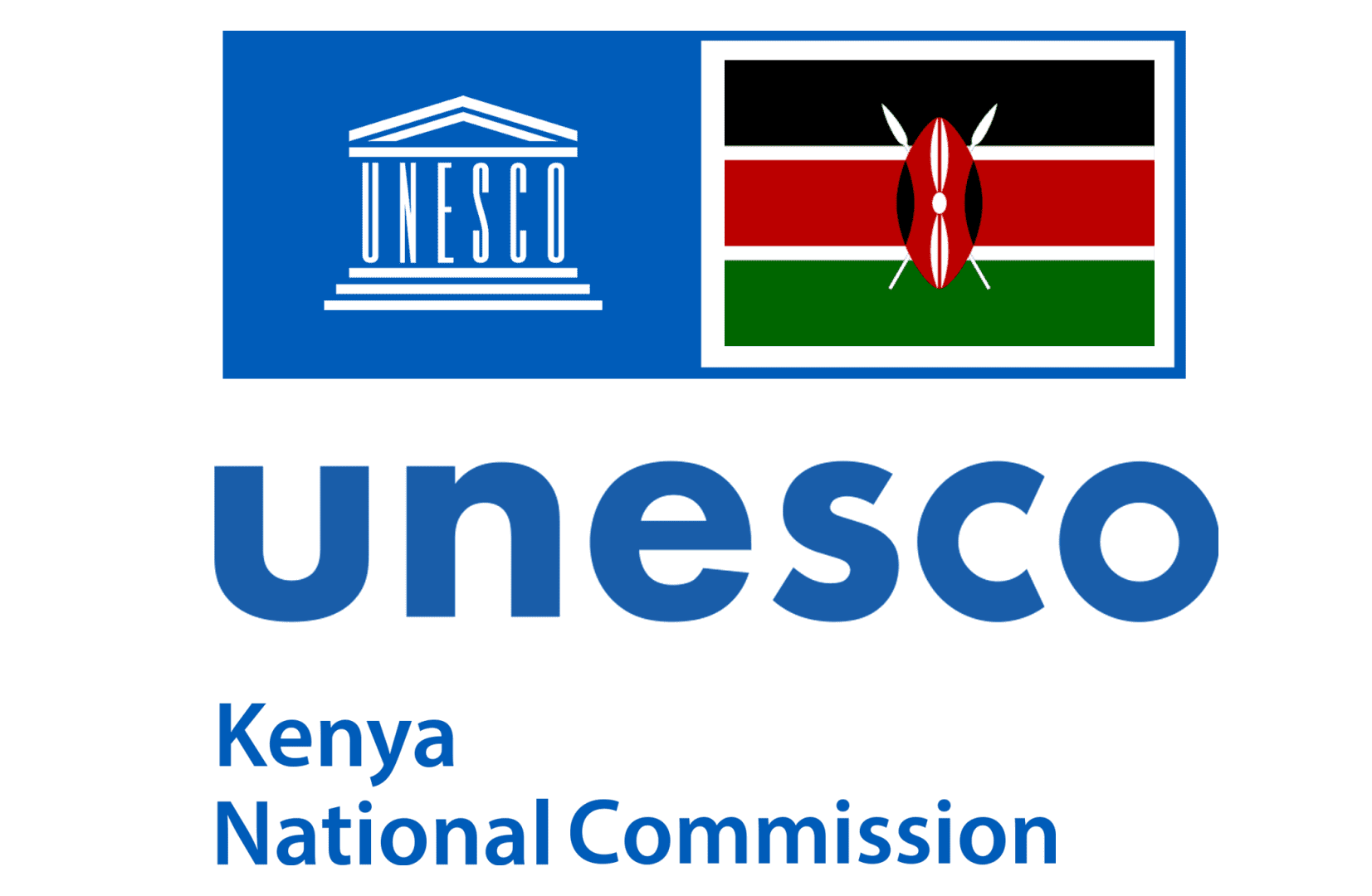UNESCO stresses the need for greater quality, equity and relevance in secondary education. Its key activities focus on enhancing quality and ensuring coherence by promoting the reform of secondary education systems, and more specifically the redesign of content and methods, to meet the needs of the 21st century.
UNESCO supports national efforts to meet this demand, along with improving access to secondary education and enhancing its quality
The Organization promotes secondary education for all that includes a balance of academic disciplines, practical and social skills and civic responsibility and which provides an effective preparation for continuing education as well as for the world of work.
UNESCO supports a minimum of nine years’ uninterrupted basic education before streaming into general or vocational tracks is considered. To encourage enrolment levels, UNESCO promotes strategies that support transition from primary to secondary level, and encourage equitable access of all young people, especially girls and rural youth.
UNESCO stresses the need for greater quality, equity and relevance in secondary education. Its key activities focus on enhancing quality and ensuring coherence by promoting the reform of secondary education systems, and more specifically the redesign of content and methods, to meet the needs of the 21st century.
UNESCO supports national efforts to meet this demand, along with improving access to secondary education and enhancing its quality
The Organization promotes secondary education for all that includes a balance of academic disciplines, practical and social skills and civic responsibility and which provides an effective preparation for continuing education as well as for the world of work.
UNESCO supports a minimum of nine years’ uninterrupted basic education before streaming into general or vocational tracks is considered. To encourage enrolment levels, UNESCO promotes strategies that support transition from primary to secondary level, and encourage equitable access of all young people, especially girls and rural youth.



